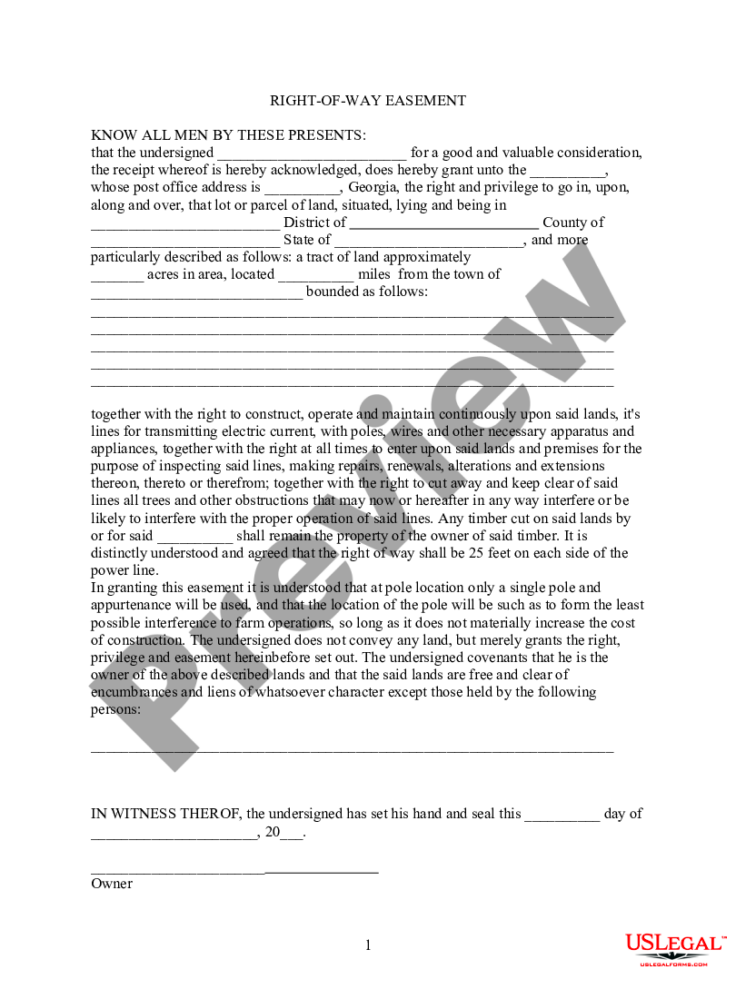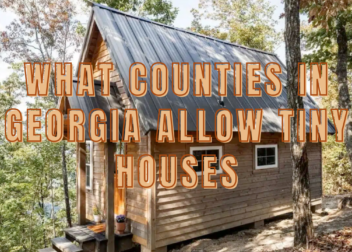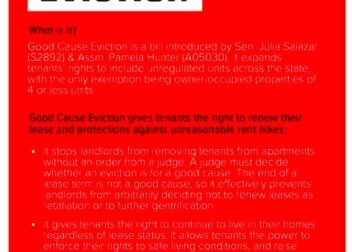Georgia Easement Laws Explained
Easement laws in Georgia can be confusing at first glance but once you break them down they’re not too complicated. Essentially easements grant one party the right to use someone else’s property for a purpose. I recall my uncle allowing the city to access a portion of his land to install water lines. Back then I didn’t fully comprehend it, but now it clicks. The property owner retains ownership while granting limited access to another party. It’s a delicate between property rights and practical needs.
In Georgia easements are regulated by laws and can be established for purposes such as accessing public utilities or sharing driveways with neighbors. The positive aspect is that the regulations aim to be equitable for both the property owner and the individual utilizing the easement. Nevertheless it’s crucial to be aware of your rights to avoid feeling like you’re losing control over your own property.
Different Types of Easements in Georgia
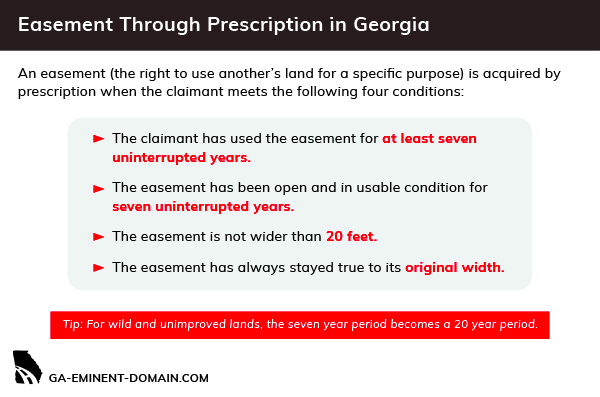
In Georgia easements vary in form and function based on their specific requirements. Here are some of the types you might encounter.
- Prescriptive Easements: This is the type of easement that develops over time when someone has used a portion of land openly and without permission for a certain period. It reminds me of a story where a neighbor regularly used a pathway through my cousin’s backyard. After years of that, it became a legal right!
- Utility Easements: These are the most common, used by power companies or municipalities to run lines or pipes through private property. It’s frustrating but necessary, as it ensures we all have access to essential services.
- Right of Way Easements: These allow individuals to pass through someone else’s property to get to their own. It’s like when my friend’s house was only accessible via a road that cut through his neighbor’s land – they had a formal agreement that allowed him to use it.
Grasping the various types of easements can save you from unexpected surprises when purchasing or owning real estate. Each type has its own guidelines and being aware of them prevents you from unintentionally crossing boundaries or losing access to something significant.
How Easements Are Created
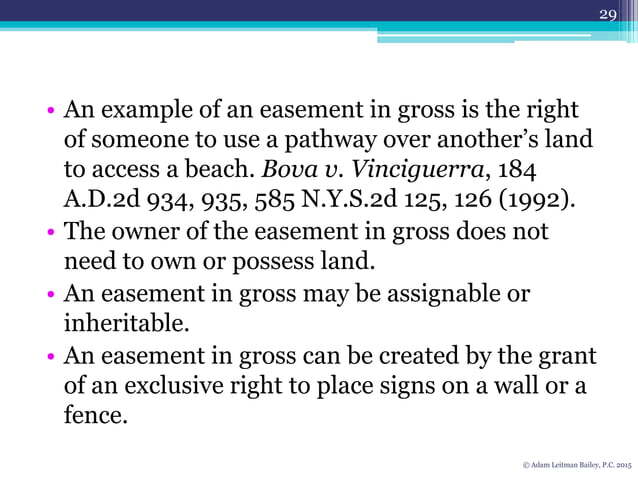
In Georgia establishing an easement goes beyond a simple handshake. It typically involves a formal agreement although there are instances where an easement can be established through usage. There are two methods, for creating easements.
- By Agreement: This is the most straightforward way. Two parties get together, often with lawyers, and agree to terms. A neighbor might need access to their property through your land, and you’ll formalize that with a written agreement.
- By Necessity or Prescription: Sometimes easements are created out of necessity, like when a landlocked property has no other way to access a public road. On the other hand, prescriptive easements, like I mentioned earlier, can arise from continuous, long-term use of someone’s property.
After going through property talks with my family I realized the significance of being transparent about everything. When the terms are not clear misunderstandings can lead to disputes. Taking care of some paperwork in advance can prevent a lot of future hassles!
Rights and Responsibilities of Property Owners
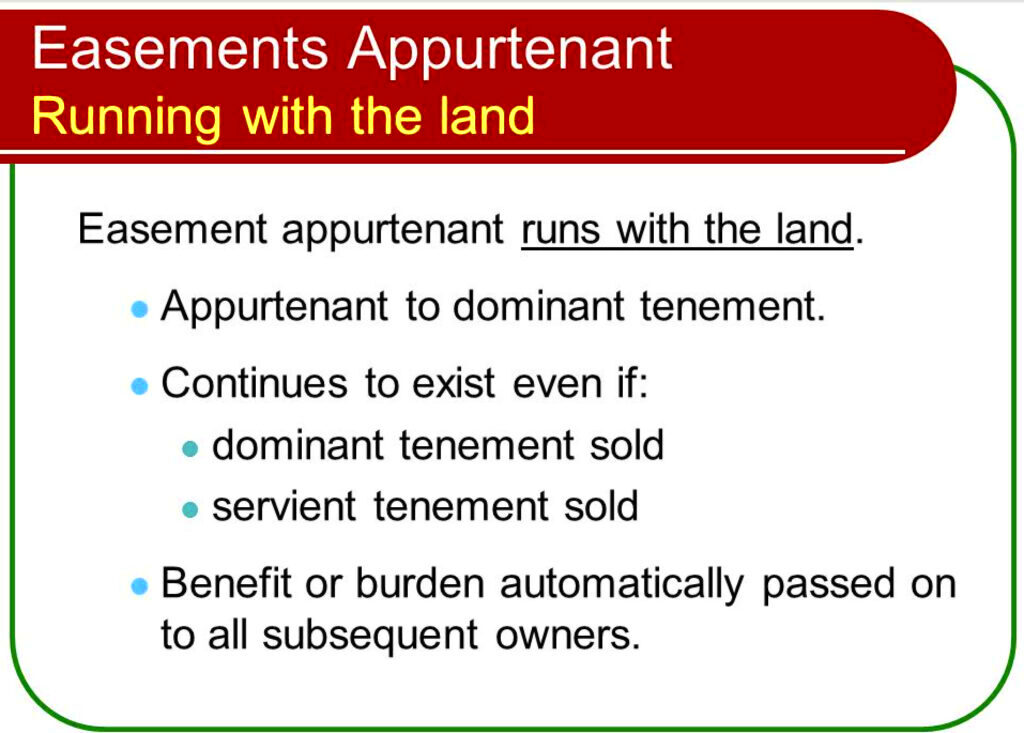
Having land gives you a feeling of pride and freedom but dealing with easements can make you feel like you’re losing some of that control. In Georgia property owners have specific rights when their land is affected by an easement and it’s crucial to be aware of these rights. One thing I always keep in mind regarding property is that it works both ways. While you appreciate your space others might have some rights over a small part of it.
As a landowner you can keep using your property however you want as long as it doesn’t mess with the easement. Let’s say there’s an easement cutting through your yard. You’re free to use that area for gardening or even put up a fence as long as it doesn’t get in the way of the utility companys access. It’s all about finding that middle ground.
When it comes to responsibilities it’s a different matter. You can’t prevent or stop someone from exercising their easement rights. If your neighbor has a right of way you can’t simply put up a fence just because it feels intrusive to have them pass through. I witnessed a family member dealing with that annoyance but once we grasped the legal obligations it all became clear. It’s crucial to keep the area in a manner that enables others to utilize the easement without any inconvenience.
Disputes Regarding Easements in Georgia
Disagreements over easements can become quite complicated, particularly when both parties believe their property rights are being violated. I have seen how situations can escalate rapidly. For instance there was an incident where a neighbors obstruction of a shared driveway led to an argument that eventually required legal involvement. What began as an inconvenience quickly escalated into a conflict, over property access.
Conflicts often occur when property owners believe that the holder of an easement is exceeding their boundaries or failing to adhere to the terms of the easement. Conversely easement holders might perceive that their access is being unjustly limited. In Georgia settling these disagreements typically involves mediation and both parties must reach a consensus.
Often, conflicts can be resolved without going to court if both parties are open to talking and finding a middle ground. Sometimes it’s simply a matter of not grasping the limits and once those are clarified, things tend to get back on track. However if the situation worsens, involving the court may be the only option to resolve the issue.
How to Terminate an Easement
Ending an easement in Georgia can be tricky, but there are situations where it is possible. I recall a relative attempting to have an outdated easement taken off their property records. It was a task, but being aware of the available options made it more doable.
Here are a few common ways to end an easement.
- Agreement: Both parties, the landowner and the easement holder, can agree in writing to terminate the easement. This is the cleanest and quickest route.
- Abandonment: If the easement is not used for a long period, it may be considered abandoned. However, proving abandonment requires clear evidence that the easement was intentionally given up.
- Expiration: Some easements are created for a specific period or purpose, and once that is fulfilled, the easement automatically ends.
- Merger: If the owner of the land and the holder of the easement become the same person, the easement may be terminated as the need for it disappears.
When thinking about ending an easement it’s wise to seek legal counsel as these matters can be complex. My suggestion is to be meticulous and make sure all the details are well recorded. Theres nothing more frustrating than believing an easement has been eliminated only to have it resurface unexpectedly later on.
Legal Advice on Easement Issues
When dealing with matters related to easements it’s wise to seek guidance from a lawyer well versed in Georgia law. I’ve witnessed many individuals attempt to tackle property issues independently assuming it’s merely a straightforward agreement. Believe me I’ve experienced this firsthand, when my cousin attempted to resolve a boundary dispute without legal assistance it turned into a year long ordeal. The right counsel can avert a problem from escalating into a significant legal conflict.
There are various justifications for seeking legal counsel regarding easements.
- Drafting Easement Agreements: When creating an easement, you want everything to be crystal clear. A lawyer will ensure the agreement protects both the landowner and the easement holder.
- Resolving Disputes: If a disagreement arises about how the easement is being used, legal advice is crucial to mediate the situation before it heads to court.
- Termination of Easement: If you want to terminate an easement, it’s essential to follow the correct legal process. Failing to do so can lead to future conflicts or even lawsuits.
- Protecting Property Rights: Sometimes, people unknowingly violate property rights. Legal advice can help clarify these rights and ensure you don’t lose control of your land.
In my opinion seeking legal advice is always a move. It brings a sense of comfort knowing that everything is in order. When it involves your property that reassurance is truly invaluable.
Frequently Asked Questions About Georgia Easement Laws
What is the difference between a public and private easement?
A public easement is permission given for use, such as for utilities or roadways. On the hand a private easement serves the interests of a person or property. To illustrate a utility easement for power lines would be considered public while a shared driveway between two neighbors would fall under the category of a private easement.
How long does an easement last in Georgia?
The duration of an easement hinges on the conditions outlined in the contract. Certain easements are perpetual whereas others are temporary or come to an end after a specific timeframe or once their intended purpose is accomplished. In some cases I’ve witnessed easements being passed down through families for generations, so it truly varies based on the circumstances.
Can an easement be changed or modified?
Absolutely, any changes to the easement require the consent of both the landowner and the easement holder. Its essential to update the documents to capture those modifications. I recall assisting a friend in relocating a right of way easement just a bit to accommodate a new fence – a minor tweak but one that necessitated proper approval.
What happens if someone violates an easement?
If someone breaks the rules of an easement, legal steps can be taken. The court has the power to uphold the easement terms and in some cases, grant compensation. Its wise to address problems promptly to steer clear of costly courtroom disputes.
Conclusion
Easement laws in Georgia might appear perplexing initially, but once you grasp the fundamentals it’s simply another facet of owning property. Having encountered property matters within my family I’ve come to realize that staying well informed and seeking counsel can alleviate a lot of stress. Whether you’re a property owner or an easement holder being aware of your rights and obligations is crucial. In the end effective communication and legal support will ensure that everyone’s needs are met and disputes are kept to a minimum. Easements may seem bothersome at first but with a mindset they can be manageable.
